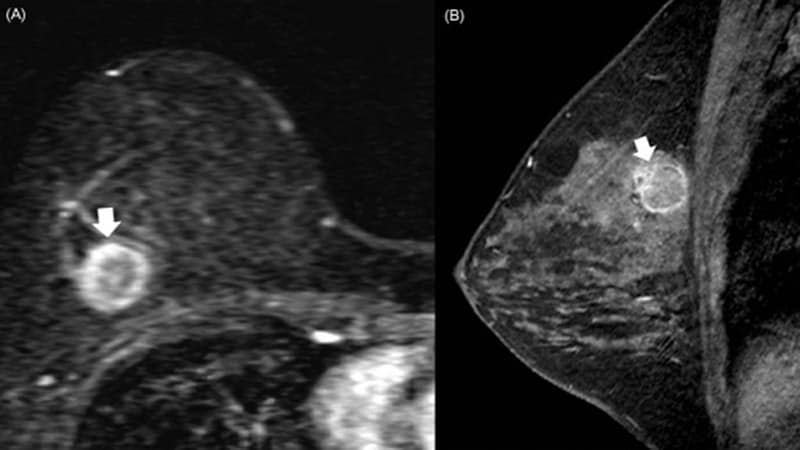This transcript has been edited for clarity.
Hello. I'm Dr Maurie Markman, from City of Hope. I wanted to briefly discuss what I consider to be not only a critically important trial but also a representative of an incredibly important, underrepresented type of trial as we move forward in the oncology arena. I cannot overstate how important I think this type of trial needs to be moving forward, and we have to figure out a way of doing such studies.
The study is "Simple versus Radical Hysterectomy in Women With Low-Risk Cervical Cancer." Although gynecologic cancers have been my own clinical and clinical research interests for 40 years, I am not a gynecologic surgeon, so I didn't read this paper with the perspective that this is what I do in practice, yet it's so critically important.
Radical hysterectomies have been the standard of care in the types of cancer we're dealing with because the goal has obviously been to remove the cancer and to make sure that it doesn't come back. Certainly in cervical cancer, until very recently, we didn't have much in the way of therapy. Surgery was the main modality, and one did not want to undertreat.
Even though that was standard of care — the radical hysterectomy — observational studies had suggested the possibility that less radical, simple hysterectomies might be equally effective. How do you prove this? How do you do the trial to definitively show this? Critically, who's going to do the trial and who's going to pay for it? There's no drug and no device. It's just incredibly important for women with the illness and their families.
If I sound a bit facetious and if it sounds like I'm concerned, the answer is yes, because that is the question: How do you do these trials? How do you make them important?
This was a phase 3 randomized trial funded by the Canadian Cancer Society, among others, as stated in the paper. There were 700 patients included. The so-called lower-risk cervical cancer was defined as lesions of 2 cm or less with limited stromal invasion. Again, this is very technical. Gynecologist-oncologists are the individuals who deal with this.
If you look at the results of the study, which showed no difference in outcome from the point of view of the primary recurrence locally, they demonstrated a substantial reduction in treatment-related morbidity, including urinary incontinence and urinary retention. For example, urinary retention at 4 weeks post-surgery in the experimental arm, which would have been the simple hysterectomy, was 0.6% vs 11% in the standard arm. Again, there was no difference in the risk for recurrence.
Clearly, this is a paradigm-changing study. The standard of care should be changed today and hopefully will be. There is a separate question of how we get this information out. Clearly, this is the type of study we need to do more of. We need to figure out how to fund it. We need to make it a priority among the National Cancer Institute and the National Institutes of Health.
Surely, we're not talking about asking pharma to fund the study because they aren't involved directly, but we need to figure out a way of doing these trials and doing them with the quality that we see here, resulting in a New England Journal of Medicine publication.
As we move forward, we need to make these kinds of pragmatic studies — asking questions that are incredibly relevant to the quality of life for our patients — become as important as studies that are looking at new drugs and new devices. I thank you for your attention.

.webp) 2 weeks ago
5
2 weeks ago
5
























 English (US)
English (US)